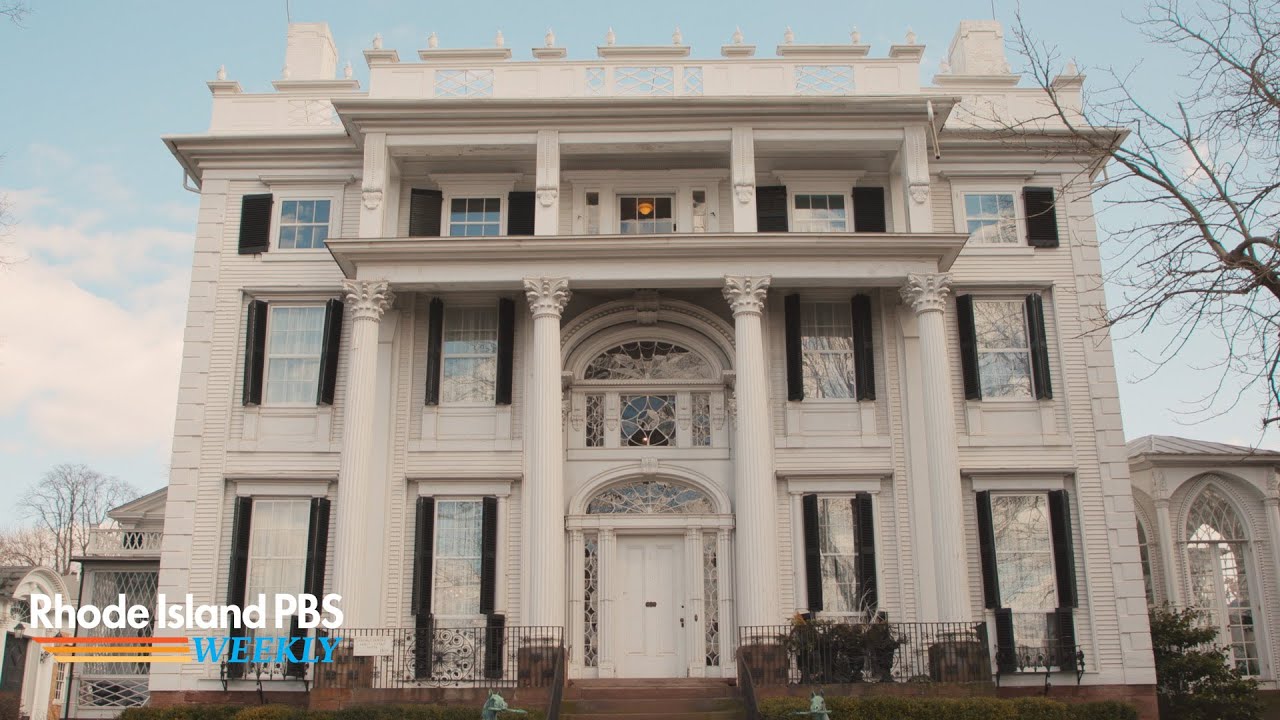Introduction: David Howell of Rhode Island
David Howell was a prominent figure in the history of Rhode Island, known for his contributions to the legal and political spheres during the 18th century. Born in 1747, Howell served as an attorney, judge, and legislator, leaving an indelible mark on the development of the state. However, recent discussions have emerged questioning whether David Howell was also a slave owner, shedding light on a previously unexamined aspect of his life.
Historical Background of Slavery in Rhode Island
To understand the potential involvement of David Howell in slavery, it is crucial to consider the historical context of Rhode Island. During the 18th century, the state was heavily reliant on the slave trade, with Newport being a major port for the trafficking of enslaved individuals. Slavery played a significant role in the economy and social structure of the region, making it important to scrutinize the actions of influential figures like Howell.
Unveiling the Life of David Howell
David Howell was born into a prominent family in Rhode Island and received a comprehensive education, eventually pursuing a career in law. He quickly gained recognition for his legal expertise and held positions such as Attorney General and Chief Justice of the Rhode Island Supreme Court. Howell’s contributions to the state’s legal system and his involvement in various committees showcased his dedication to public service.
Tracing David Howell’s Connections to Slavery
While limited information exists about Howell’s personal life, researchers have been able to uncover some connections to slavery. Records show that Howell inherited land from his father, which included properties known to have employed enslaved individuals. These connections have raised questions about Howell’s potential involvement and further investigation is needed to provide a comprehensive understanding.
Examining David Howell’s Financial Records
Delving into Howell’s financial records has provided further insight into the possibility of his ownership of enslaved individuals. Documents indicate that Howell owned plantation estates where enslaved laborers were employed. These financial records provide tangible evidence of his direct economic ties to slavery and suggest that he may have engaged in the practice himself.
David Howell’s Involvement in Slave Trade
Apart from potential ownership, evidence suggests that David Howell was also involved in the slave trade. Newport, a hub of the slave trade, was situated in close proximity to Howell’s legal practice. Moreover, Howell served as an attorney for individuals involved in slave trading cases, indicating a direct connection to this morally reprehensible practice.
Analyzing David Howell’s Property Holdings
The analysis of Howell’s property holdings offers further evidence indicating his connection to slavery. Several of his properties were known to possess structures specifically designated for the housing and confinement of enslaved individuals. These findings suggest that Howell not only benefited economically from slavery but also physically owned and controlled enslaved people.
Assessing David Howell’s Social Circle
Examining Howell’s social circle is essential in understanding the broader context and attitudes towards slavery during that time. Many of Howell’s close associates, including influential politicians and businessmen, were known to be slave owners themselves. This association implies that Howell may have been influenced by the prevailing norms and practices of his social network.
Controversies Surrounding David Howell’s Legacy
The revelation of Howell’s potential involvement in slavery has sparked intense debates about his legacy. Some argue that his contributions to law and politics should not be overshadowed by his potential ownership of enslaved individuals. Others contend that his actions must be critically examined, as they perpetuated the oppression and dehumanization of enslaved people.
Perspectives on David Howell’s Slave Ownership
Opinions about Howell’s slave ownership differ among historians and scholars. Some argue that the evidence is inconclusive, pointing to the lack of definitive records specifically naming Howell as a slave owner. Others assert that the available evidence, including the connections, financial records, and property holdings, strongly indicates his involvement in slavery.
Conclusion: Was David Howell a Slave Owner?
While the available evidence suggests a strong possibility that David Howell was a slave owner, an unequivocal confirmation remains elusive. His connections to slavery through inheritances, financial records, and property holdings, combined with his involvement in the slave trade, paint a picture of a man deeply entangled in the institution. However, additional research and historical documentation are necessary to reach a definitive conclusion.
Implications and Lessons from David Howell’s Story
The potential slave ownership of David Howell serves as a reminder of the complex and deeply rooted nature of slavery in American history. It highlights the need for comprehensive studies that delve into the lives and actions of prominent figures, exposing the uncomfortable truths that are often overlooked. Howell’s story also underscores the importance of critically examining the legacies of historical figures, ensuring a more nuanced understanding of their contributions to society. Ultimately, it is through these examinations that we can foster a greater awareness and appreciation for the struggles and resilience of those who suffered under the institution of slavery.





